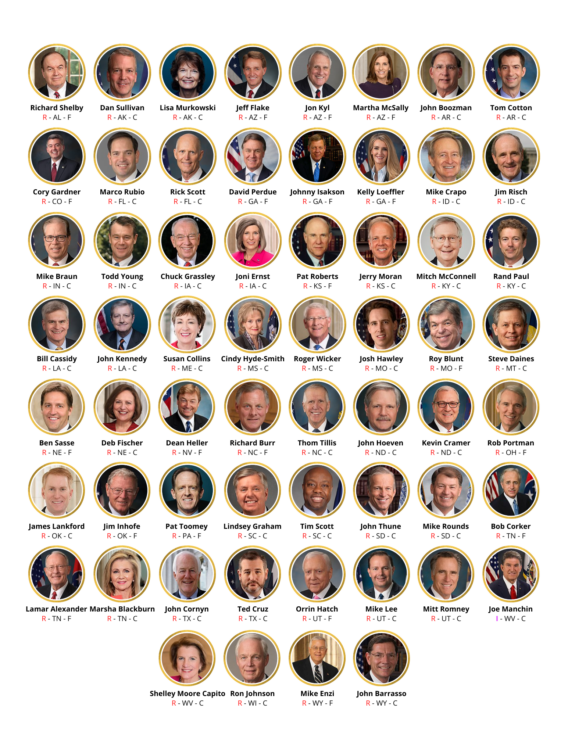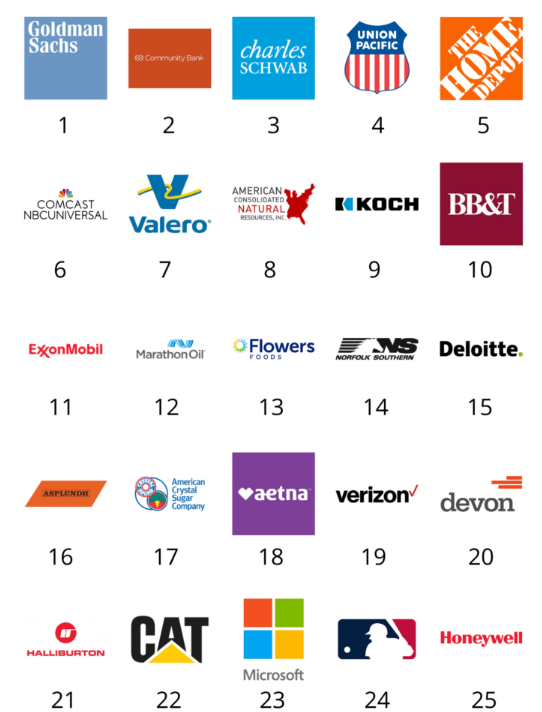On June 28th, the 6-3 conservative majority Supreme Court overturned the 40-year-old Chevron doctrine, which had instructed lower courts to defer to federal agencies’ interpretations of ambiguities within laws (a frequent occurrence). The doctrine meant that federal organizations in charge of environmental, labor, and financial matters were allowed to make judgments on numerous rules and regulations pertaining to the environment, labor, and finance, as delegated to them by Congress. So long as those judgements were reasonable, courts were required to uphold them.
In Justice Roberts’ majority opinion, he wrote that “Courts must exercise their independent judgment in deciding whether an agency has acted within its statutory authority.” In Justice Kagan’s dissent, she predicted that the decision “will cause a massive shock to the legal system,” and as a result will cast doubt on thousands of court rulings.
Given that the Chevron doctrine is how the federal government has functioned for 4 decades, the Court’s recent rulings will absolutely shake up the status quo. How that reads to you will largely depend on which argument you find more persuasive: The upended status quo which reasoned that agencies specializing in securities or environmental protection were more likely to make reasonable interpretations of laws concerning those matters than generalist judges or the rationale which overturned those 40 years of precedent, which argues that it’s the responsibility of the Judiciary to interpret any legal ambiguities, regardless of what Congress delegates.
Regardless of your view on the decision, it’s undoubtedly a major political moment. And unlike many similar moments that involve hundreds of legislators, it’s relatively easy to identify which corporations had the largest financial impact on altering the composition of the Supreme Court to allow for the overturning of Chevron.
Simply put, it’s the corporations who financed the campaigns of the Senators who voted to confirm our two newest, conservative Supreme Court justices: Amy Coney Barrett in 2020 and Brett Kavanaugh in 2018.
Justice Barrett replaced progressive Justice Ruth Bader Ginsburg, and Justice Kavanaugh replaced moderate Justice Anthony Kennedy. (Justice Neil Gorsuch’s replacement of Justice Antonin Scalia in 2017 swapped one conservative for another.) These two appointments flipped the court solidly conservative.
As a refresher, here’s the list of the Senators who voted to confirm Justices Barrett and/or Kavanaugh:

To figure out which companies have given the most to this group, we scoured the Federal Election Commission’s publicly available political contribution data. We looked at only corporate contributions (not including senior executives) because those are most clearly coming from the company itself.
Here are the top 25 companies ranked by total contributions to this group of Senators:

Why does this matter?
Companies financially support politicians through their political action committee (PAC) contributions. And these PACs give a lot more than most individuals. Corporations therefore have an outsized voice in politics. Which means, regardless of your viewpoint, knowing how brands are likely to use your money can ensure you only do business with the ones who respect your values.
For more information about this, please reach out to us at goodsuniteus@gmail.com
